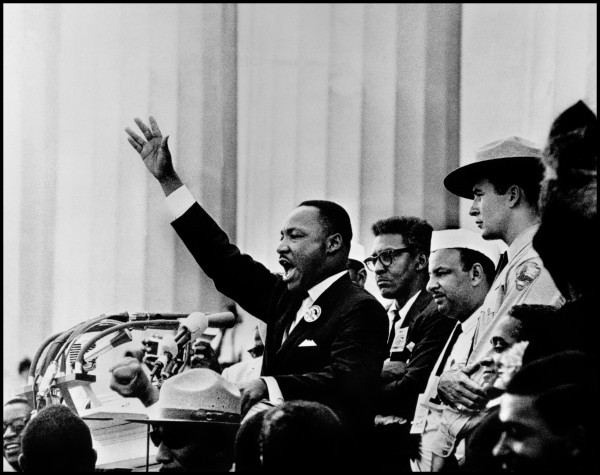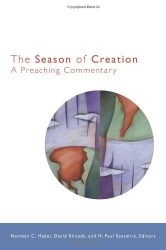via the blog of
Mark Y. A. Davies
This post, written on the occasion of the 50th anniversary of MLK’s “I Have a Dream” speech, observes how King’s years between that point and his “I’ve been the Mountaintop” speech delivered the night before his assassination, have not been explored much at all in the King “Holiday” messages. Those years do not “fit the narrative” desired for an “American hero”, so that his dream “that my four little children will not be judged by the color of their skin but by the content of their character” begins to sound more like “Be all that you can be”, and ignore what King was to explore in the days ahead, as he continued his path to uncovering what it was in America that was KEEPING it’s people from discovering what they were meant to be, and that it went beyond “pulling yourself up by your own bootstraps” and into the evils of not only racism but militarism and materialism (economic justice)
So, it seems that MLK , as do many of us as we grow, added to that dream in his last 5 years. As he saw what was involved in getting there to that mountaintop, the dream took on some new elements. The dream envisioned a larger context of what would have to happen to see the “ending”. For my my last 5 years (just short of that), I have seen the relevance of the Ecological Crisis to MLK’s dream. Drew Dellinger did research on the hints of MLK himself understanding this linkage. “All life is INTER-related.” he often said. And also “We’re not going to have peace on Earth until we understand the interrelated structure of all reality”.
Davies has seen this as well, for probably longer than I have.
“as we look at the global ecological challenges of our day, if we do not address them systemically, we will likely not make the progress necessary to avoid a major global ecological crisis in the first half of this century. A national holiday for Martin Luther King and a monument in Washington or even another March on Washington, although all good things, will by themselves not bring about equal opportunity – only systemic changes will do that. The celebration of Earth Day, curbside recycling, more efficient light bulbs, and better fuel efficiency, although all good things, will by themselves not bring about ecological sustainability – only more thorough systemic changes will do that. ”
Mark Davies is the Wimberly Professor of Social and Ecological Ethics and Director of the World House Institute for Social and Ecological Responsibility at Oklahoma City University. He is the Executive Director of the Leadership, Education, and Development (LEaD) Hub North America of the General Board of Higher Education and Ministry of the United Methodist Church and an Oklahoma Humanities State Scholar.
Martin Luther King, Jr.: The Forgotten Years, September 1963-1968.



You must be logged in to post a comment.